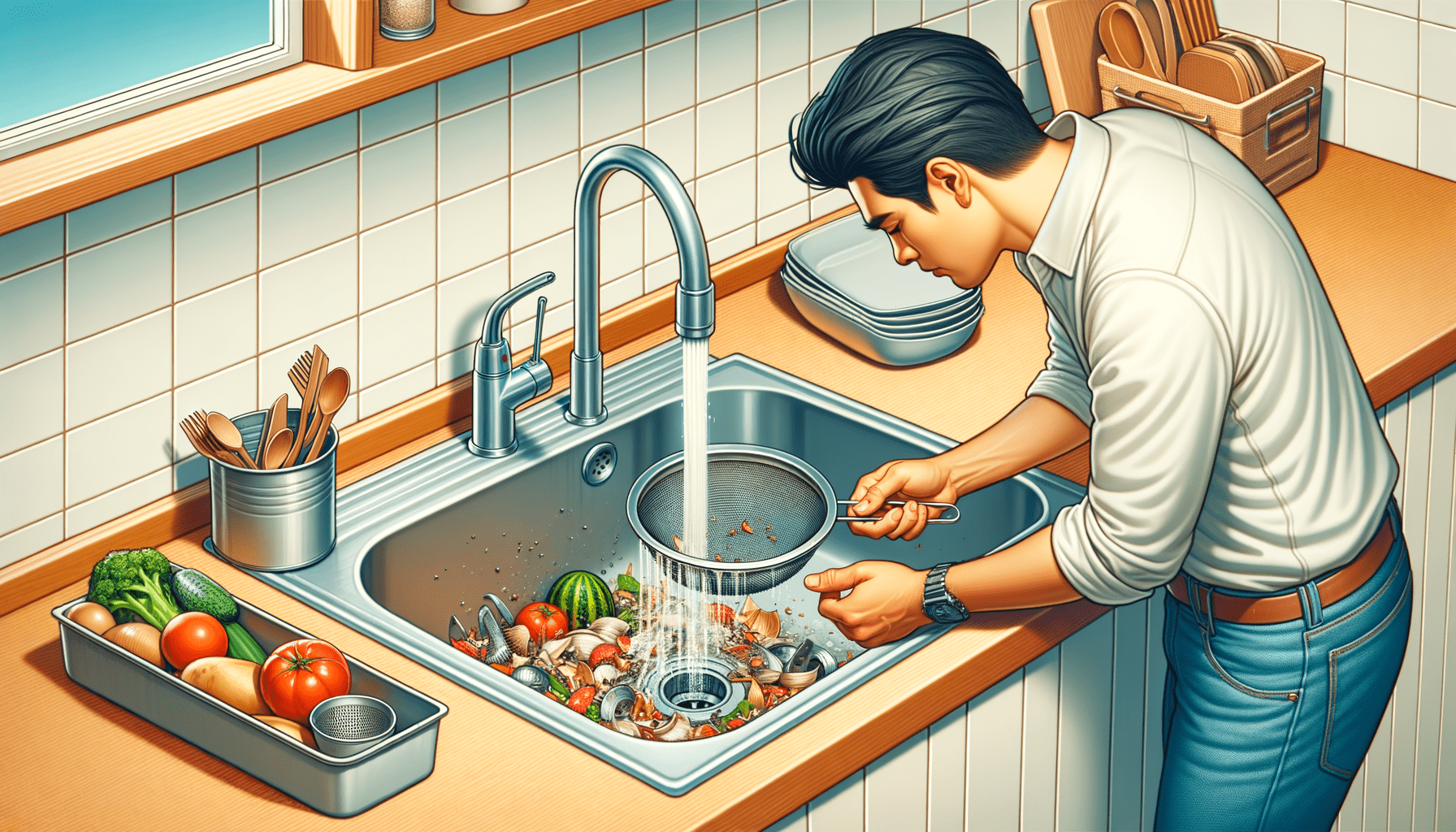We’ve all been there, haven’t we? One moment you’re happily washing up after dinner, the next you’re ankle-deep in murky water, wrestling with a clogged kitchen drain. Fear not! I’ve got some expert tips to help you prevent those pesky food scraps from causing plumbing chaos.
Contents
- Recognizing Unusual Plumbing Noises
- Spotting Early Signs of Water Heater Failure
- Effective Remedies for Toilet Issues
- Vinegar: A Cure for Clogged Lines
- Proper Disposal of Food Residues
- Regular Cleaning Importance for Grease Traps
- Avoid Garbage Disposal Common Mistakes
- Safety Precactions When Handling Drains
- The Wrap-Up
- Frequently Asked Questions (FAQ)
Recognizing Unusual Plumbing Noises
Get good at deciphering strange noises from your plumbing system; it’s an early warning sign of trouble. Gurgling sounds often mean there’s air in the system where it shouldn’t be, which might lead to blockages.
Spotting Early Signs of Water Heater Failure
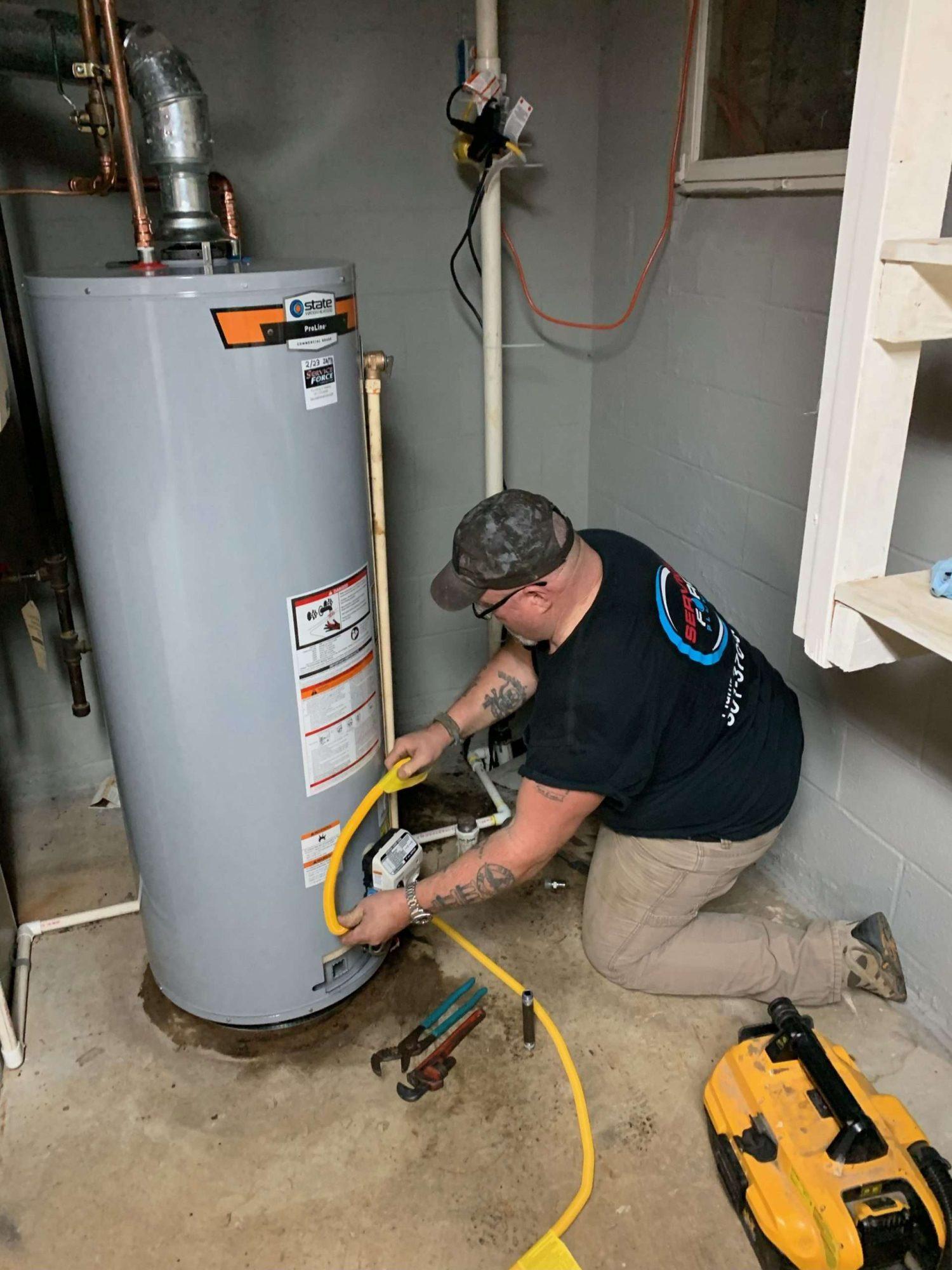
Water heaters tend to clog over time as well, which can be prevented by regular maintenance. If hot water starts running cold or if the heater starts to make popping sounds, call a plumber straight away.
Effective Remedies for Toilet Issues
Toilets clog frequently due to the incorrect disposal of items like wet wipes and nappies. An effective remedy here is using a standard plunger; it’s an age-old solution that still works wonders.
Vinegar: A Cure for Clogged Lines
We’ve learned that white vinegar can work magic in the kitchen and laundry, but did you know it’s also a handy weapon against clogged drains? Regularly rinsing your pipes with vinegar helps to disperse build-ups before they become bothersome blockages.
Proper Disposal of Food Residues
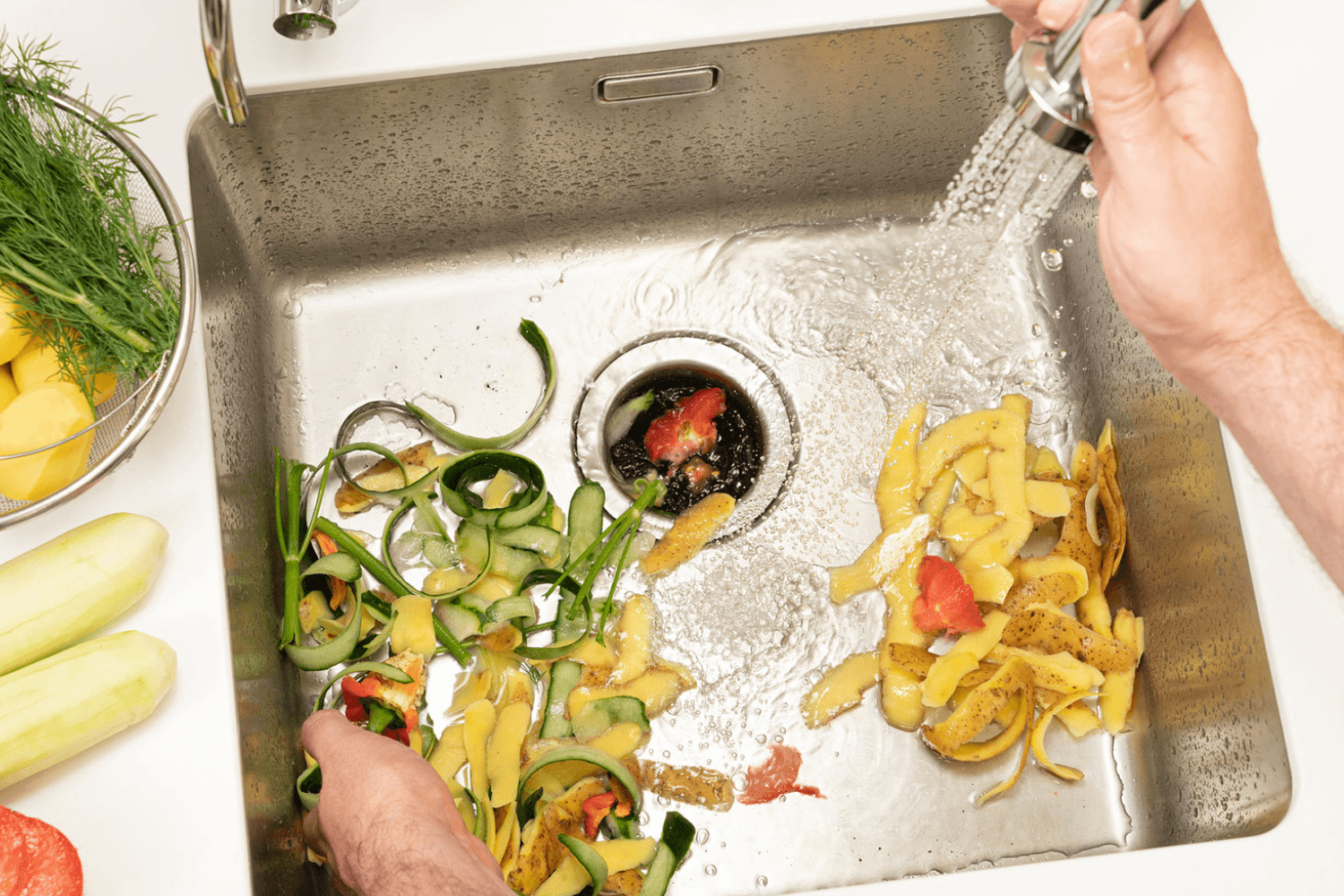
The Plumbing Manufacturers International survey reveals around 70% of calls to plumbers are due to clogged drains, often from incorrect food scrap disposal. An effective solution is putting food residues in compost bins instead of down the sink. It’s healthy for your drains and the environment!
Yes, you might consider pouring that leftover coffee down the drain, but remember coffee grounds solidify and cause blockages. Trust me, it’s better to bash out your coffee pot into a bin than a drain.
Regular Cleaning Importance for Grease Traps
Especially in restaurant kitchens, regularly cleaning grease traps is crucial. This should be part of your maintenance routine as neglecting these traps leads to massive blockages, causing wastewater systems to back up.
Avoid Garbage Disposal Common Mistakes
Garbage disposals get a real workout in most homes and are often misused. Not everything should go into the garbage disposal; avoid things like fibrous vegetables, bones, or greasy foods.
Safety Precactions When Handling Drains
Always remember safety first when working with drains! If you need to use a plumbing snake or chemical solution like Drano, ensure you have gloves and protective eyewear on hand. Not only will this keep you safe, but also help to avoid further drain damage.
The Wrap-Up
So there you have it; practical advice straight from Dan at Dan’s Plumbing to keep your drains running smoothly. Remember, a few small changes in your kitchen habits can save you big bucks in plumbing costs and landfills. If all else fails, don’t hesitate to call on the renowned professionals at Plumbing Manufacturers International.
Frequently Asked Questions (FAQ)
1. How often should I clean my kitchen drain?
You should clean your kitchen drain at least once a week with hot water. If you add baking soda to the routine, it can significantly help in maintaining the health and functionality of your drain.
2. What kind of noises should I be worried about in my plumbing system?
If you hear a gurgling sound from your sinks or toilets, this is usually a sign of air in the plumbing where it shouldn’t be and could potentially lead to blockages.
3. What items should not be flushed down the toilet?
Things like sanitary products, wet wipes, nappies, and other non-biodegradable items should not be flushed down the toilet as they can cause blockages.
4. Can I use vinegar to clean my drain?
Yes, white vinegar is very effective in maintaining and preventing clogs in your drain. Pouring vinegar down your drain regularly can help in dealing with minor clogs.
5. Can coffee grounds be poured down the sink?
No, coffee grounds can solidify and cause blockages in your drain. They should be disposed of in a bin rather than down the sink.
6. What precautions should I take when handling my drains?
When using things like a plumbing snake or chemical solutions, make sure you have protective gear such as gloves and eyewear. This will keep you safe and avoid causing further damage to your drains.
7. What should not be put into a garbage disposal?
Fibrous vegetables, bones, or greasy foods should be avoided as they can damage the blades of your garbage disposal and cause clogs.
8. Why is my water heater making popping noises?
A water heater making popping noises could be due to the buildup of sediment in the tank, hindering its performance. It might need flushing or professional maintenance.
9. Can vinegar and baking soda clear a clogged drain?
Together, vinegar and baking soda can create a fizzing action that can dislodge minor blockages in a drain. However, for severe clogs, professional help might be required.
10. How are fat, oil, and grease harmful to my drains?
These substances can solidify in your drains and pipes, leading to blockages and sewer overflows. Therefore, they should not be disposed of in sinks but instead in a separate waste bin.
- How Do I Know When It Is Time to Replace a Cracked Porcelain Sink? - November 14, 2024
- What Should I Do If My Water Meter Is Spinning Unexpectedly Fast? - November 14, 2024
- Can a Plumber Help Me Replace a Leaking Garden Tap? - October 14, 2024
Related posts:
 How Do I Prevent Hair From Clogging My Shower Drain?
How Do I Prevent Hair From Clogging My Shower Drain?
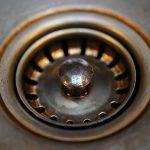 What Are Your Top Tips to Help Prevent Shower Drain Clogs?
What Are Your Top Tips to Help Prevent Shower Drain Clogs?
 How Do I Prevent Grease Build-Up in My Kitchen Pipes?
How Do I Prevent Grease Build-Up in My Kitchen Pipes?
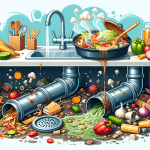 What Causes Foul Odours in Kitchen Drains?
What Causes Foul Odours in Kitchen Drains?
 Can Your Plumbers Help Unclog a Sink Drain?
Can Your Plumbers Help Unclog a Sink Drain?
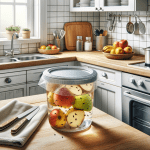 How Do I Minimise Fruit Flies in My Kitchen Sink?
How Do I Minimise Fruit Flies in My Kitchen Sink?

